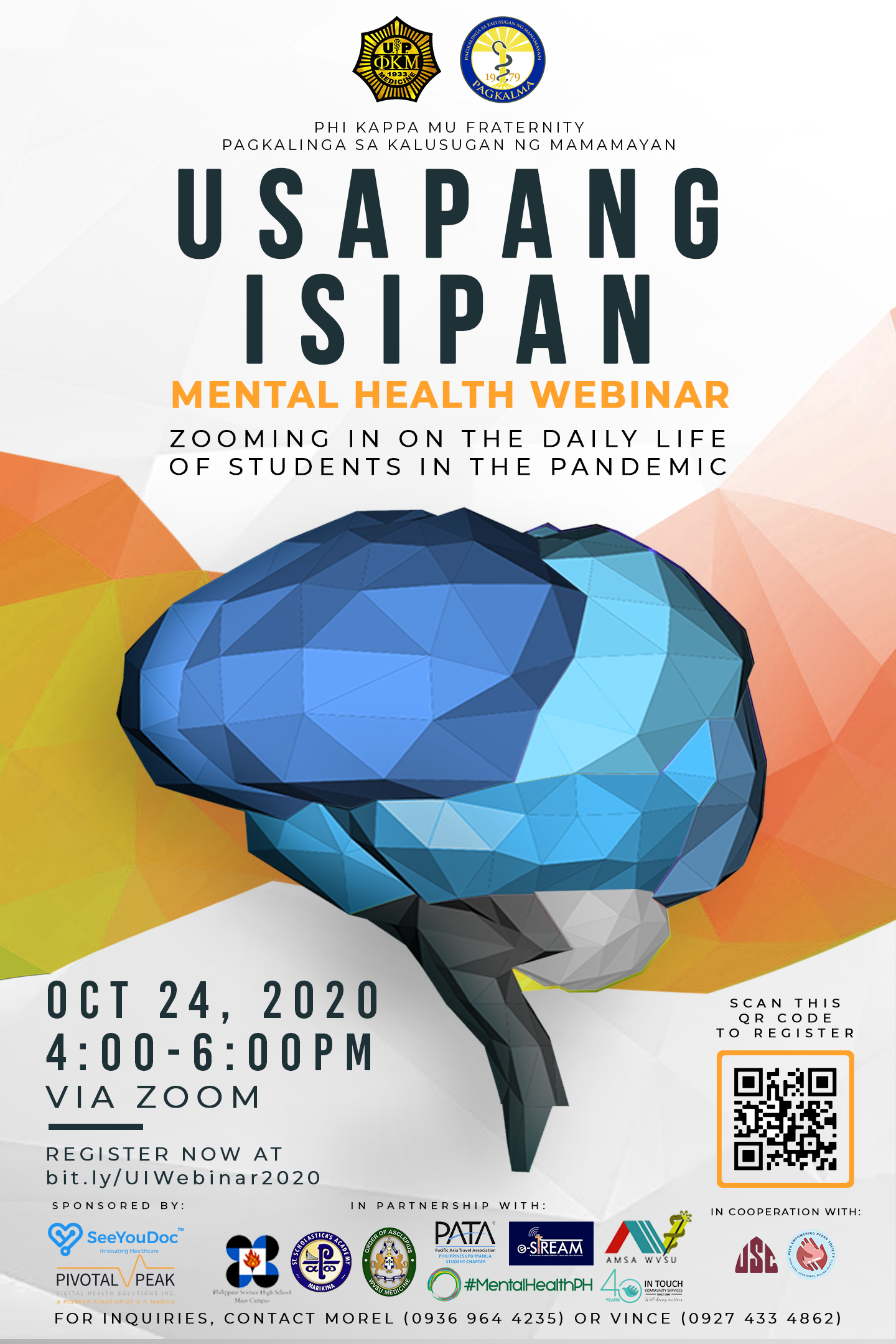by Jaan Gabriel Cosico Lacson Φ2019B and Rae Mark Lumactod Mercado Φ2019B
The COVID-19 pandemic and its massive national and global impact bannered the year 2020. During this time, the fundamental weaknesses of our health systems have been forcefully thrust into the spotlight. As a result, this unprecedented crisis has produced grimmer outcomes in almost all aspects of health as we know it.
One of the aspects that did not manifest early into the pandemic was mental health. After all, bed counts, hospital capacity, and contact tracing were the medical headlines that dominated the daily news. However, as the community quarantine continued, it was evident that it was difficult for many to adjust and cope with the escalating situation. With so many recreational tools and support systems taken out of commission, anxiety, and stress levels have gone up especially among students displaced by the distancing protocols and relegated into continuing their education remotely from their homes.
Cognizant of this fact, the fraternity moved once again to be part of the mental health solution with the latest iteration of its service project, Usapang Isipan. This time around, Usapang Isipan anchored on the theme: “Zooming in on The Daily Life of Students in the Pandemic”, alluding to the widespread use of the online platform Zoom during this time. Through the Pagkalinga sa Kalusugan ng Mamamayan (PagKalMa), the fraternity conducted a half-day panel discussion last October 24, 2020, which aimed to discuss the effects of the pandemic in the context of administrators, teachers, students, and parents and the novel learning setup today.
The program started with opening remarks from Mr. Yves Zuñiga, co-founder and Deputy Director for Policy and Partnership at #MentalHealthPH, one of the event’s partner organizations. Speaking from the heart, he noted that in today’s society, conversations about mental health have to be normalized in order to zero-in on the stigma attached to it. He also reminded the audience that mental health is everybody’s business and that everyone’s participation is needed to achieve a mentally-healthier community.
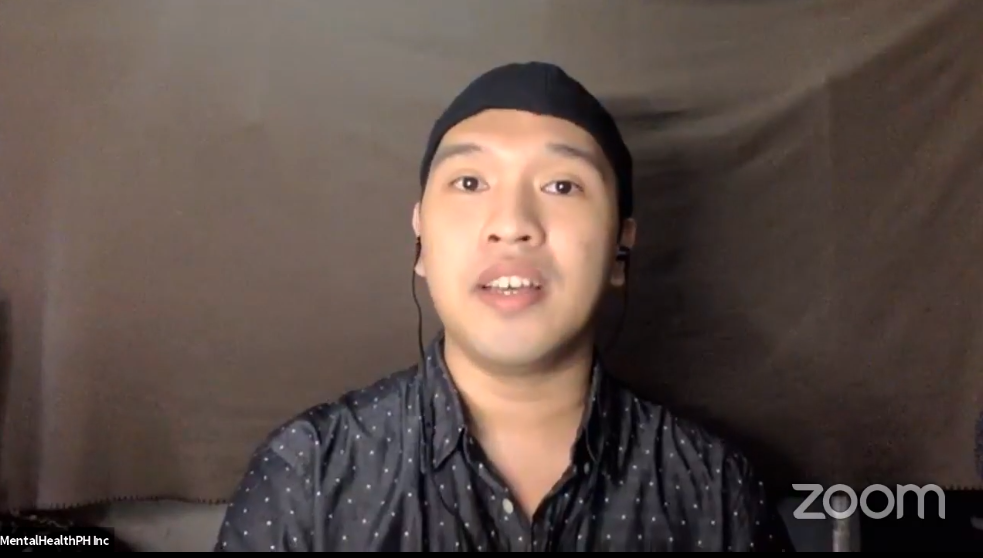
The first part of the program focused on the problems and best practices encountered by university administrators regarding the current learning setup. Dr. Iris Thiele Isip-Tan, a professor from the UP College of Medicine and the current chief of the University of the Philippines’ Medical Informatics Unit, and the director of the Interactive Learning Center of the University of the Philippines Manila, bannered the opening segment. She discussed the adjustments that the academe has done since the start of the pandemic mid-semester in March 2020 up to now, from designing curricula to evaluating learning outcomes among university students. She also talked about the hardships that the professors faced in optimizing their courses traditionally delivered face-to-face into a fully remote and online version.
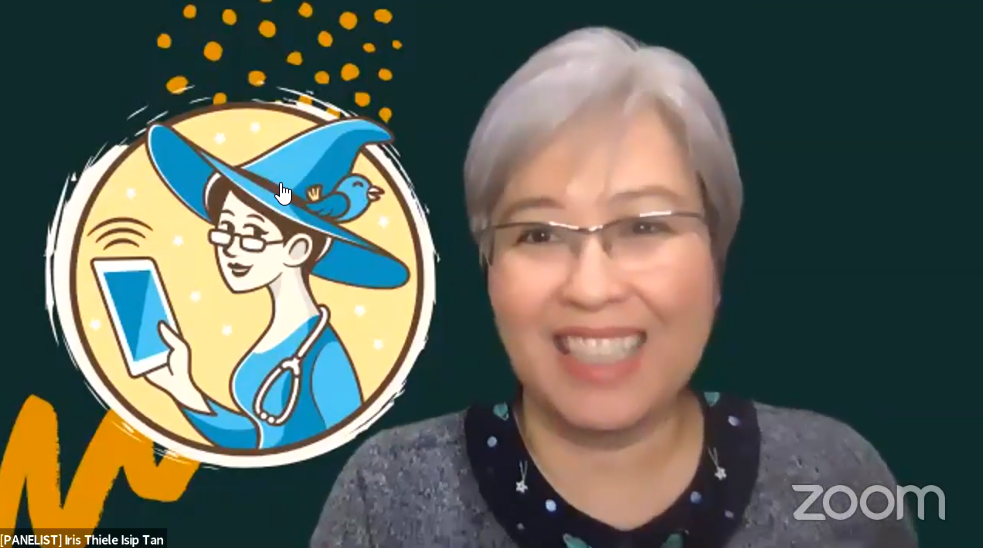
Meanwhile, Undersecretary Diosdado San Antonio tackled the Department of Education’s response to the pandemic at the primary and secondary level in the following segment. With the implementation of a fully online learning setup, he assured on behalf of the department that while there are a lot of issues facing them almost on a day-to-day basis, the DepEd will continue to find creative ways to ensure learning while also considering the accessibility, stresses, and other limitations that this has imposed on the elementary and high school students alike.
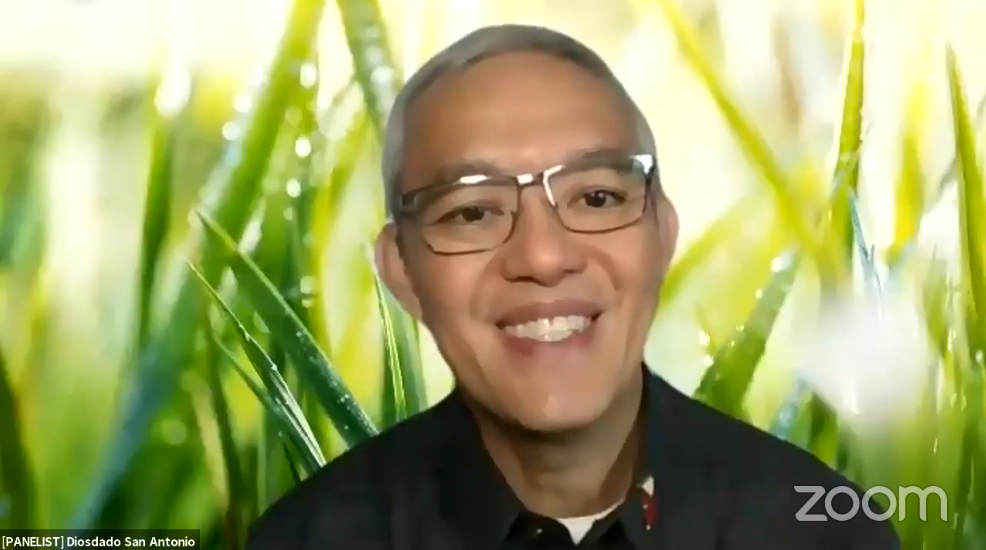
Midway into the panel discussion, Dr. Ma. Lourdes Rosanna De Guzman, a respected psychiatrist and professor from UP-PGH, delved into the outbreaks of mental health issues plaguing the country amidst the pandemic. She pointed out the myriad of new stressors that the students face today compared to that of the traditional face-to-face mode of learning. She emphasized the importance of healthy communication and seeking help from parents and teachers in managing and lessening the impact of these negative stressors.
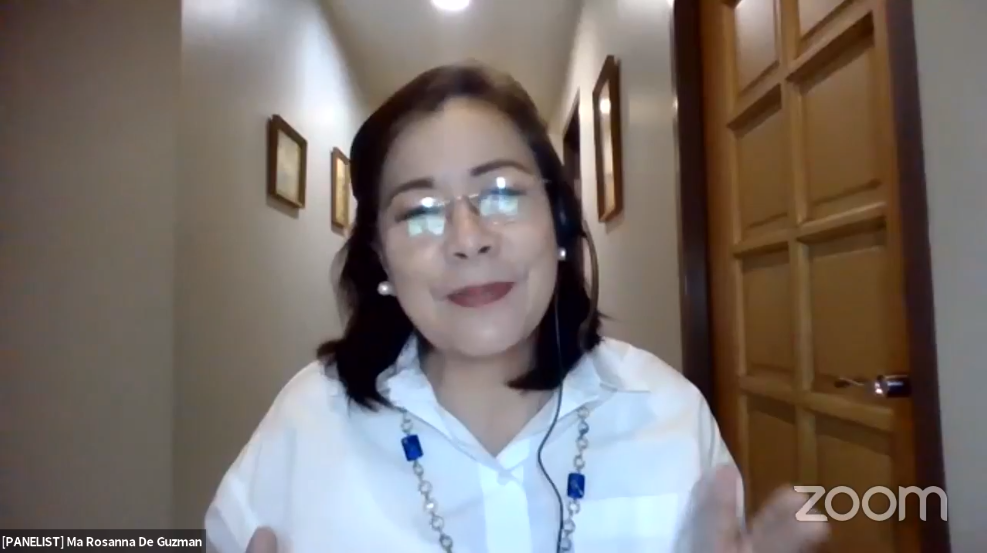
Lastly, Ms. Lyn Hazel Calawod took the floor in the closing segment of the mental health webinar. As the founder of Neurobalance and Precision Sports therapy and a believer of a holistic and eclectic approach in her therapy programs, she stressed out that students are not just academic students but also are “life students”. In that sense, she put emphasis on life as a larger experience more than academics itself, even for regular students whose time is mostly dedicated to schoolwork. She said that students can take advantage of their time by setting goals, changing their mindset and outlook in life, and facilitating personal growth through a holistic and dynamic approach.
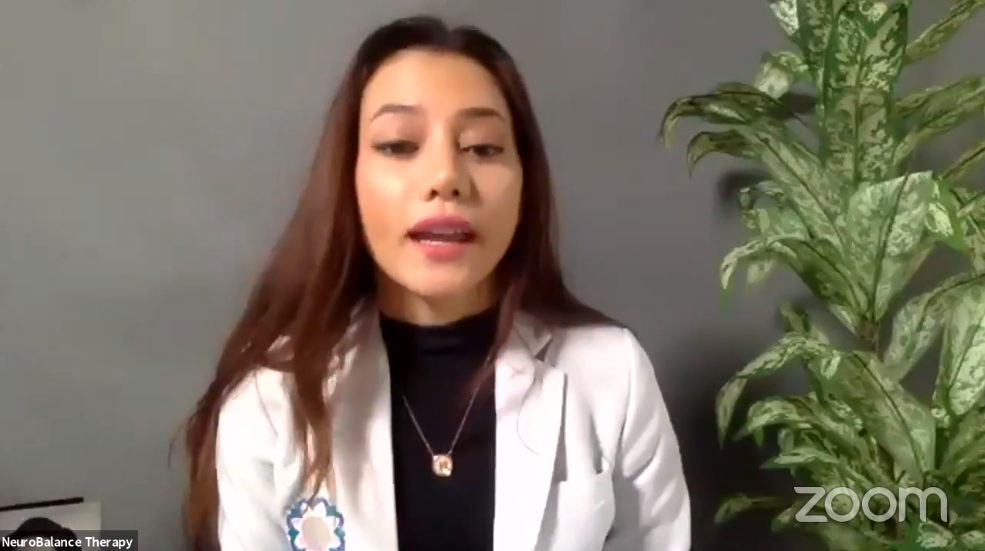
As the event wrapped up, a free-flowing discourse between the panelists and viewers was opened. A massive amount of questions came in from students, teachers, and parents for our panel of speakers to tackle and discuss according to their respective expertise. Afterward, the panelists all had a final message for the participants, reiterating calls and points towards a mentally-healthy learning setup during this crisis.
The conference ended with a closing speech from Senior Guardian of the Temple Morel Dominic Dragon Umipon Φ2017B who said that after this panel discussion, the participants will be inspired to carry what they learned and apply them in their schools and communities. By providing the information, tools, and skills needed to safeguard one’s mental health during this time of uncertainty, there is a hope that those who attended will be able to share this within their respective institutions and contribute to a more mentally healthy Philippines.

